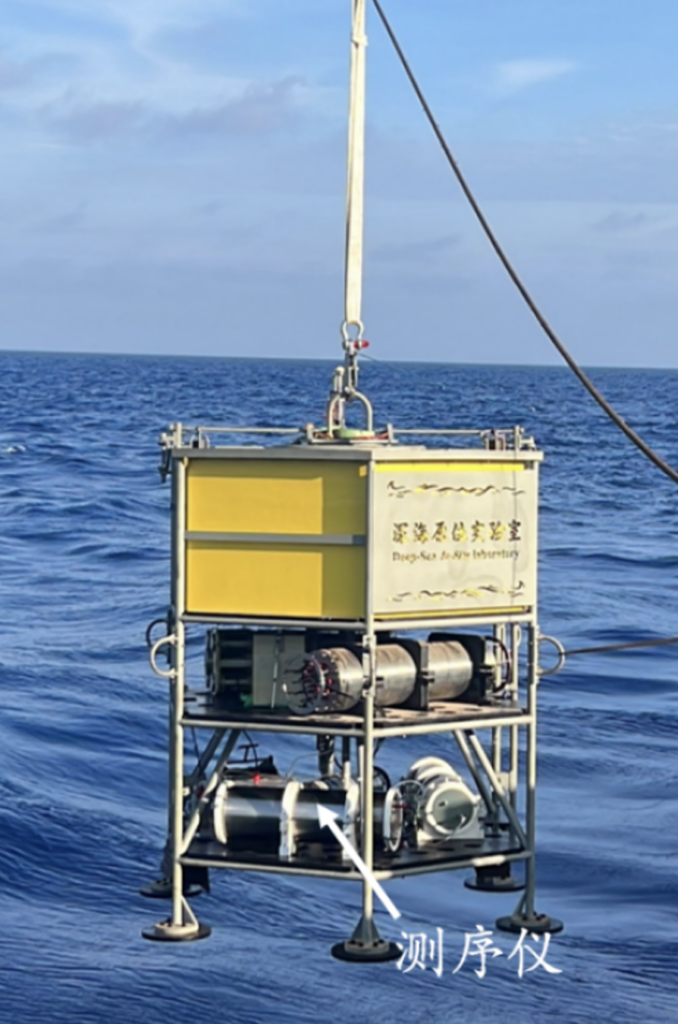https://www.cas.cn/syky/202407/t20240709_5024719.shtml
A deep-sea gene sequencer was jointly developed by researchers from the CAS Changchun Institute of Optics, Fine Mechanics and Physics and the CAS Institute of Deep-sea Science and Engineering.
It underwent testing during the expedition mission of China’s scientific research ship Tansuo-2 in the South China Sea from June 3 to June 9, at a maximum depth of 1,380 meters. During the two trial, the sequencer accomplished continuous sequencing for eight hours and for 30 hours with high-quality identification of DNA samples. The quality score Q30 of the two sequencing data was 92% and 95% respectively, and 97 DNA samples provided by the Chinese Academy of Metrology were identified.
Over the past five years, the team has overcome difficulties in key components such as sequencing methods, gene big data processing, library chips, multi-color optical focusing imaging, precise flow quantification, multiple dynamic temperature control, underwater packaging, and self-correcting software, and has initially achieved unattended automation of the entire process from library construction to sequencing.
The research work is supported by the Strategic Priority Research Program (Class A) of the Chinese Academy of Sciences “Deep Sea/Abyss Intelligent Technology and Seabed In-situ Scientific Experiment Station”

